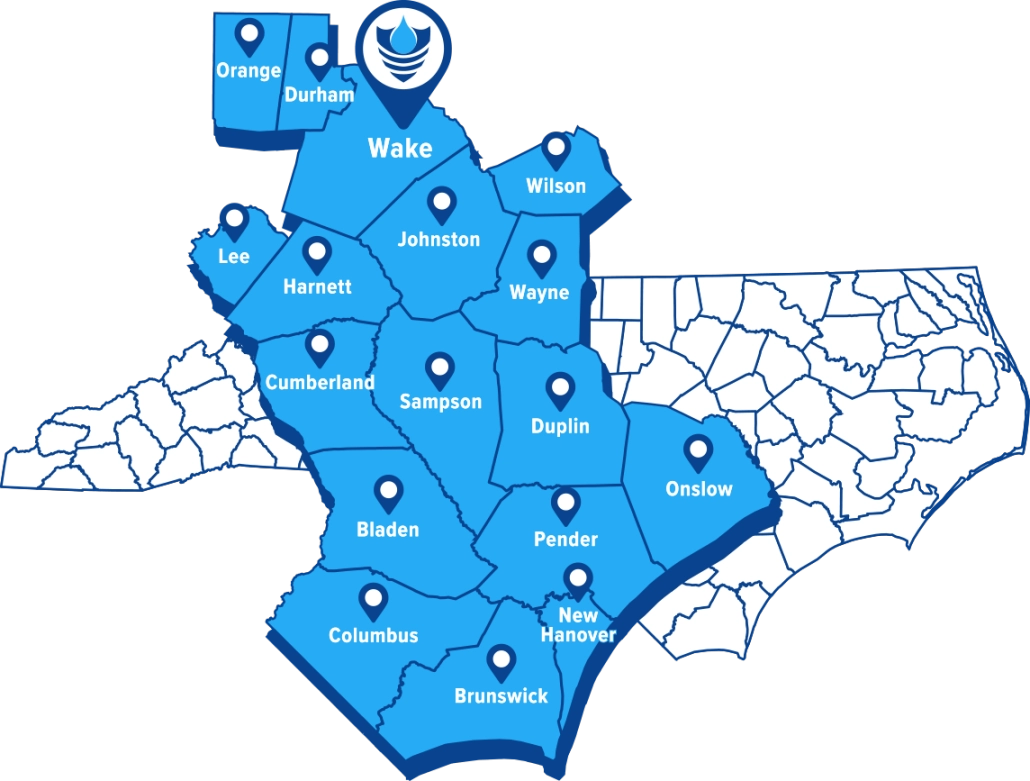EASY FINANCE OPTIONS:
1Loans provided by EnerBank USA, Member FDIC, (1245 Brickyard Rd., Suite 600, Salt Lake City, UT 84106) on approved credit, for a limited time. Repayment terms vary from 24 to 132 months. Interest waived if repaid in 365 days. 17.99% fixed APR, effective as of November 1, 2020, subject to change. Interest starts accruing when the loan closes.
2Loans provided by EnerBank USA, Member FDIC, (1245 Brickyard Rd., Suite 600, Salt Lake City, UT 84106) on approved credit, for a limited time. Repayment term is 60 months. 4.99% fixed APR. Minimum loan amounts apply. The first monthly payment will be due 30 days after the loan closes.



